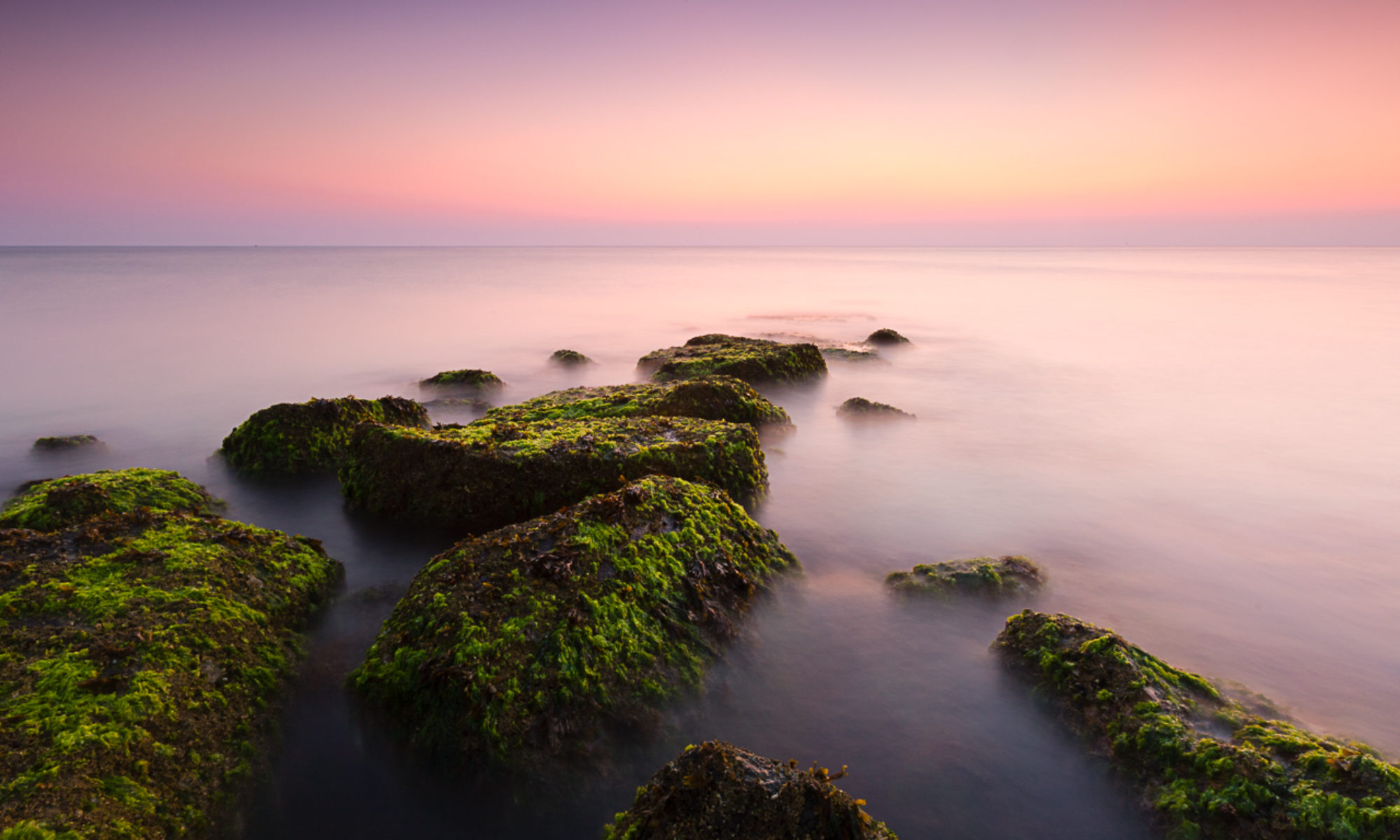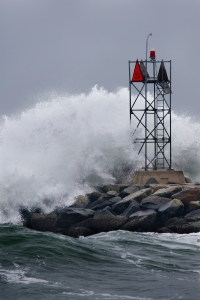We’ve spent the last few blog posts exploring the process of learning and the tools available to the keen amateur photographer. Fairly you might ask – to what end or ‘why be good’.
Indeed this was a question posed by John O’Connor in a recent blog post. If you don’t know John (and I know of him only through his blog, website and mentions by William Neill) it’s well worth checking out his work. My initial reaction was – why not be good? If you’ve decided to commit to a task why not do it as well as you are able? If you are committed to a career path why not be as good as you are able. Perhaps a better question would be why choose to pursue photography at all? What do you want to achieve through photography? But these are questions for another time.
The answer to the question of ‘why be good?’ is very personal – some may wish to be perceived as good because they need the external validation (adulation?) from others. Some wish to be good because photography is their career, their sole means of supporting their family and being good means that they are likely to make a reasonable living. While others wish to be good because this is the way that their photography, and ultimately the cause they are promoting, will reach the largest audience.
For me the goal of learning is to get to a place where the technical aspects of photography no longer hinder me from fully realizing my photographic vision. The Japanese have a word for this state – Shibumi – that can be translated as ‘effortless mastery’. Being good – or in a state of effortless mastery will help me share my full wonder and appreciation for the world we live in.
The weather has been miserable here in New England over the last few days very much like the day that I took this photo. I had spent an hour wandering around the harbor getting very wet before heading out to the lighthouse and breakwater. I didn’t expect to even get out of the car – once around the lighthouse and home for tea, as we say at our house. However, the storm that day resulted in a higher than usual tide and the breaking waves were making spectacular crashes against this breakwater.

